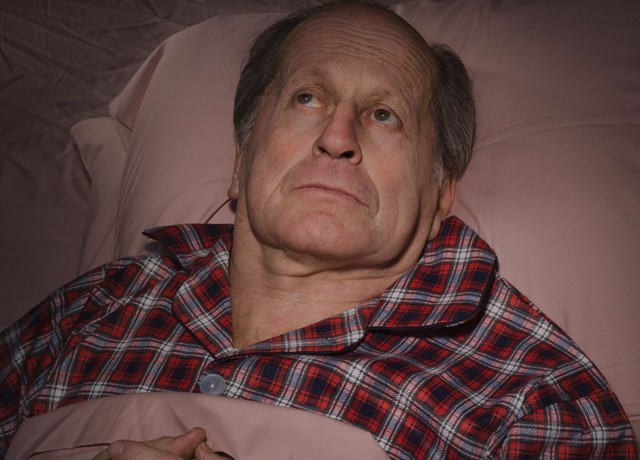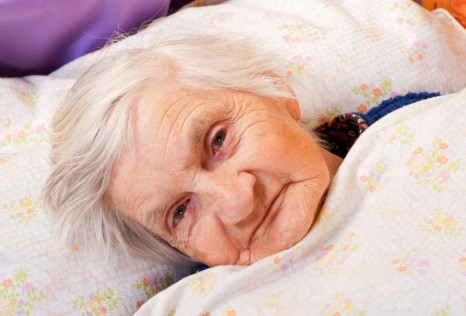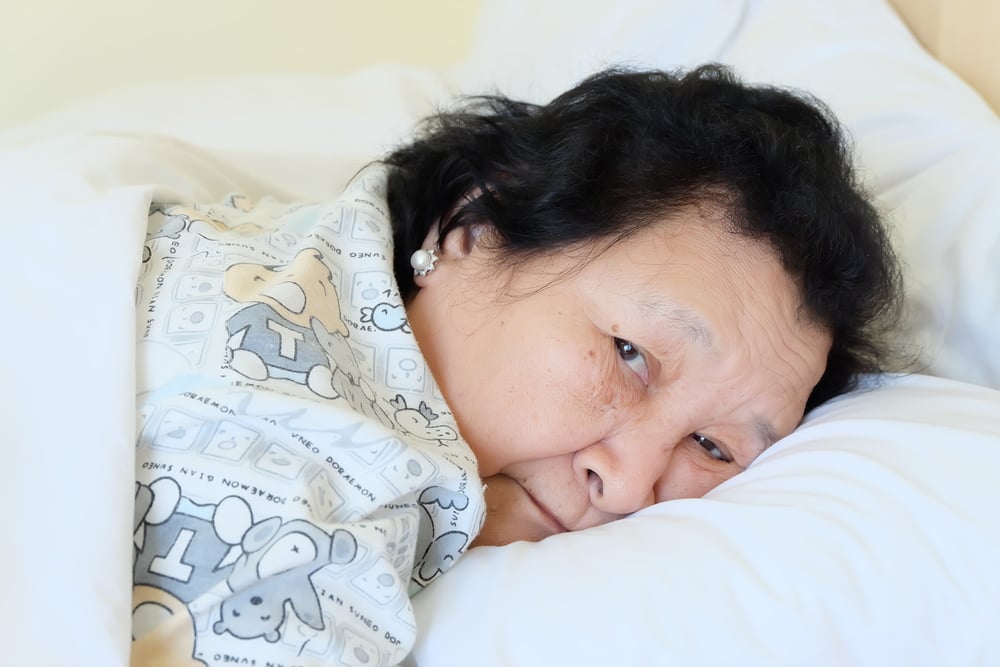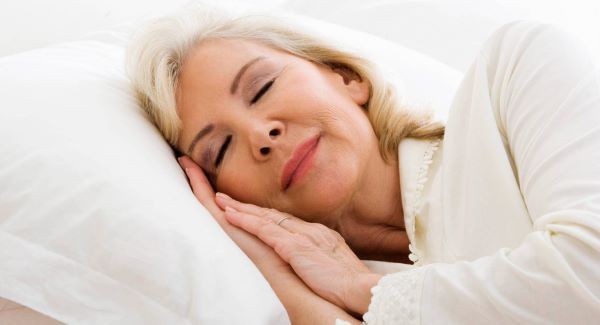
Sleeplessness in Old Age? These Tips Could Help!
There are various health concerns that we begin to experience as ageing sets in; some common, some chronic, some environmental and some hereditary. In fact, it has been observed that more than ninety percent of the elderly suffer from one chronic disease or the other.
Is Insomnia Common In Elderly?
Bone and joint conditions, sensory impairment such as hearing loss and reduced sight, reduced appetite, dementia, diabetes, hypertension, menopause, prostate enlargement, etc. are some of the most common problems that usually come with ageing. They are also more likely to experience frequent injuries, and a slowed healing process. All the more, the sleeping issues are also not uncommon as we age. These are generally characterised by daytime fatigue, light sleeping and frequent waking.

Common yet Concerning Health Issue
These problems are very common among the ageing, and are experienced by over 40 percent people the world over. These are largely experienced by those in the age group of 65 and above. Therefore, there is no need to be all that concerned. The use of prescription drugs is only advisable if the problem begins to affect your everyday life. Also, the medication would only help in addressing short term sleep issues, and many a times do not offer a permanent solution.
Changes in Sleep Cycle
We all know that our sleep cycle consists of several different phases, and each cycle is repeated a number of times each time we sleep. The phases include light sleep, deep sleep and REM. As we age, we tend to spend more time in the light sleep phase and the duration of deep sleep and REM is significantly reduced. That is perhaps why we tend to wake up more frequently, and earlier as well.

Why Elderly Can’t Sleep Well?
Ageing leads to a gradual change in our sleep patterns. It not only makes it difficult for us to fall asleep in the first place, but also leads to frequent waking. Resultantly, we feel more fatigued during the day. However, the total amount of sleep required by an elderly person remains the same as that of an average adult, that is, about 6 to 8 hours a day. The reason behind this is that sleep still holds the same importance for our physical, mental and emotional growth and well being. And therefore, instead of sleeping at a stretch for this long, the elderly tend to take a couple of naps during day time. This is done so as to compensate for the reduced quality and amount of sleep at night.
Common Causes behind Sleep Issues in Elderly
- Poor Sleep Habits – these include frequent naps during day time, getting up late in the morning, inconsistent sleep schedule, etc
- Lack of physical activity – if you do not work out or tire yourself enough, your body will not feel the need for rest.
- Unhealthy eating and lifestyle habits – Indulging in overheating just before sleeping, frequent smoking or drinking, especially before bed time, excessive caffeine intake can also contribute towards sleeping issues, including and especially among the elderly.
- Chronic diseases or medical conditions such as arthritis, heart issues, menopause, etc. further make it difficult to fall or stay asleep.
- Excessive Medication – while some medications make you drowsy, others may cause physical or mental discomfort, making it difficult to have quality sleep
- Stress, depression and over thinking might also make sleeping well difficult in the first place
- Lack of exposure to sunlight.
- Reduced social engagements

Some Simple And Practical Solutions for Old Age Insomnia
Hence, there is a need to seek and indulge in some healthy practices that help solve these issues and make your sleeping pattern somewhat normal again, or at least make you comfortable with the same.
- Sticking to a consistent bedtime routine.
- Indulging in some relaxing practices before you hit the bed
- Regular milder form of exercises, yoga poses or walks in fresh air during day time.
- Try quitting or at least reducing the intake of caffeine and alcohol.
- Resist the need for long or frequent daytime naps. If you must, take one earlier during day time, and keep it short.
- Refrain from dependence on sleeping pills or prescription drugs that induce sleep
- Eat sufficient but keep it light during dinner. Also, do not have too much sugar or processed food as it may affect your sleep
- Disconnect TV, mobile phone or any such electronic device at least an hour before sleep time.
These tips shall go a long way in helping you age in a healthy and graceful manner, and make the process all the less daunting.
Watch Video: Ayurveda Tips For Insomnia (Loss Of Sleep)
About the Author:
Dr Sonica Krishan is Author and Speaker in the areas of Healthy and Joyous Living through Ayurveda, Meditation, Yoga and other Contemplative practices. She is a leading Ayurveda Professional in India. She is also Health Writer, Columnist, Editor, Ayurveda Consultant and Holistic Healing Coach. Dr Sonica is open for National as well as International Collaborations with interested people / institutions in fields of Ayurveda, Meditation and Yoga.
Dr Sonica Krishan’s Books are available at Amazon
Manage Nocturia With Natural Remedies
